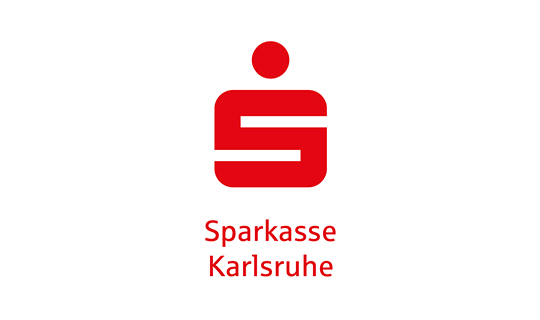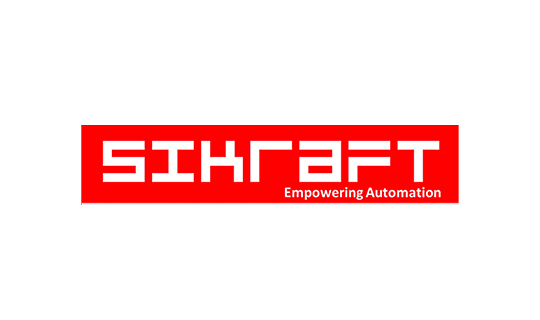Welcome to the India Karlsruhe website!
At the Indo-German Network Karlsruhe, we strive to foster collaboration, innovation, and growth between the vibrant business communities of India and Germany. Our platform serves as a dynamic bridge, connecting entrepreneurs, professionals, and enthusiasts from both nations, creating a thriving ecosystem for exchange and partnership
More Infos



